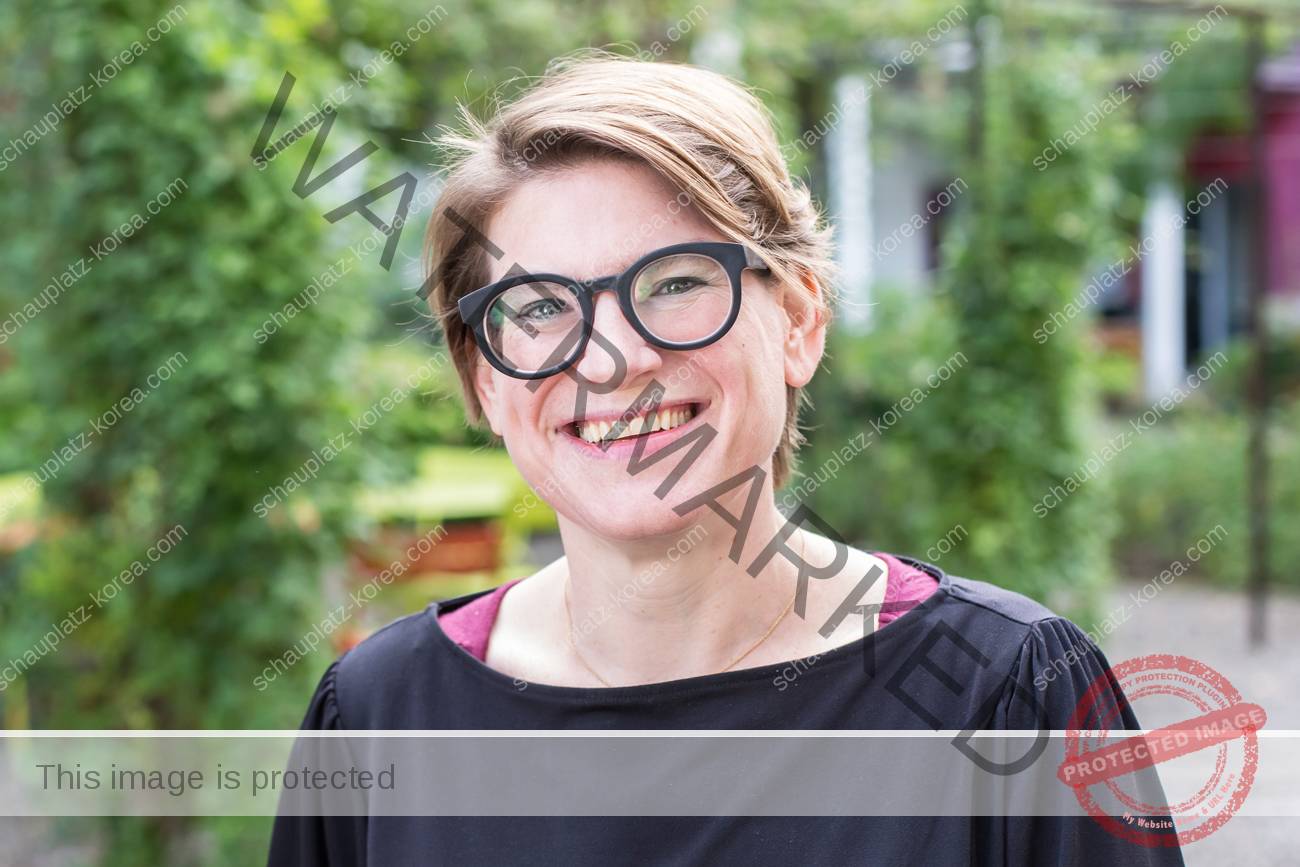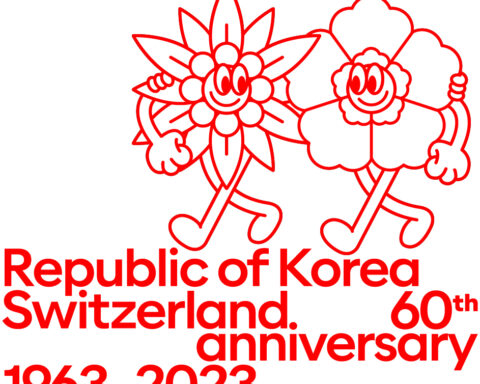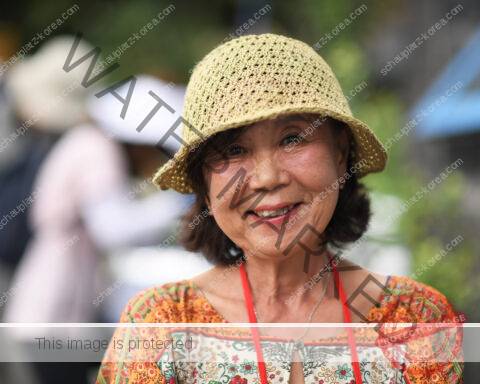Franziska von Grünigen, a well-known Swiss radio presenter who puts people at the center of everything she does, has been treading a new path for a few years now. In addition to her work in radio and print media, she is an audio biographer with her project “Mein Nachklang” She is entrusted with stories that resonate as a legacy beyond the end of life. The following interview gives an insight into her life.
Ms. von Grünigen, your father and mother also left their mark on the radio. Was a career in radio always a childhood dream? Was it planned or just a coincidence?
A media profession wasn’t a childhood dream, but media, especially radio, took up a lot of space at the family dinner table. Of course, the topic was omnipresent. But it wasn’t like my parents were pushing me to follow in their footsteps.
How did it happen?
I didn’t really want to do the same thing as my parents, and I’ve always wondered what would have become of me without this family influence. Even as a teenager, I was known to be good at formulating and getting to the heart of things. Since I enjoyed writing, I did an internship in journalism after graduating from high school.
But you didn’t end up in a newspaper but on the radio.
I was interested in part-time training at the Media Center, but I was only allowed to attend if I was employed by a media company at the same time. I applied to several companies and in 1999 decided on an offer at VIRUS, the then-newly founded youth radio station of SRF (Swiss Radio and Television). At the time, I turned down an offer at a print medium because I feared I wouldn’t be able to exercise my creativity and playfulness there. Television as a medium never interested me – mainly because I didn’t want to become a public face.
Ms. von Grünigen, you describe yourself as an optimist. How did that come about?
I probably got that from my parents. My mother is a philanthropist. She doesn’t look for the fly in the ointment, doesn’t whine or complain, and is extremely tolerant. That has shaped me!
How do you notice that?
I try to approach people just as openly. Even as a teenager, complete strangers told me their life stories at the bus stop including homeless people, drug addicts, and people on the dark side of life. Even today, I don’t look away, but seek out conversation. In the course of my work in radio, I realized more and more that creativity, passion, and empathy are among my strengths, and that I want to put people at the center of everything I do. It is also always a pleasure for me to talk to guests in the radio studio or to listeners on the phone.
From my point of view, love, respect, and tolerance are the values that have to be lived so that we can pull together in this world.
Franziska von Grünigen
Was that the reason you joined the program “nachtwach” in 2008? A program that took up everyday life stories, experiences, dreams, and fears at midnight.
This format of Nighttalk appealed to me from the very beginning and I even went to the casting for the moderator job. That didn’t work out, but shortly after the start of the series, I was asked if I could take on the role of “nachtwach” producer and team leader for two months. Those two months turned into twelve years. As a producer, I was responsible, among other things, for the choice of topics, the broadcast schedule, and coordination with the other SRF editorial teams. For me, this was the dream job par excellence. I was close to the people and their touching, sometimes sad, sometimes cheerful stories. I could live out my multi-tasking skills behind the camera while also getting to know the thoughtful side of Switzerland.
“nachtwach” was discontinued in 2018 after more than 3000 stories due to cost-cutting measures and you lost your job. But a report on German television then gave you input for your new professional direction. Thematically, from my point of view, a logical step!
I saw a documentary about a German project that records the life stories of seriously ill parents for their young children. In these acoustic legacies, the parents tell important episodes from their lives with their voices and words, giving answers to the small and big questions of their lives. This report electrified me, and I knew immediately: I want to offer this in Switzerland, too. I was convinced that an acoustic legacy, not only in the case of seriously ill parents, is a gift for eternity, and then attended a corresponding further training course in Germany. This impulse gave birth to my audio biography company “Mein Nachklang” as well as the non-profit association “Hörschatz”. My ability and joy to be able to talk to all people about all topics, and to listen, helps me a lot in my work.
How do these two offerings differ?
The “Hörschatz” association provides audio biographies for seriously ill parents with minor children. The audio treasures are financed by donations and are free of charge for affected parents in Switzerland. With “Mein Nachklang” I produce audio biographies and acoustic memories for everyone – young, old, sick, or very healthy. An audio biography does not necessarily have to be related to an impending death. Even an important step in life offers an opportunity to pause, reflect on the past in one’s own words and think about the future.
How should one imagine an audio biography?
When I make recordings for the Hörschatz association with young people shortly before the end of their lives, we immerse ourselves once again in the fullness of life together for a few hours and record what could one day become important for the children. From the roots of the parents to shared anecdotes, experiences, and family rituals to goodnight songs that the mothers and fathers sing for their children are recorded forever. Why do I want to leave my children? What do I want them to know and remember about me? Parents who die early thus create a very personal legacy for their children for eternity. For the narrators, these recordings are often a source of strength, and also a source of satisfaction. Through this review of life, they realize all that they have achieved. For the bereaved, the audio treasure later becomes an important part of coping with grief. They are as individual as the lives of the people and are made according to the preferences of my clients. For those who like it playful, I confront them with my “50 Questions to Life,” for example, “Where would you have liked to be more courageous?” or “What decision has made a lasting difference in your life?”
Do you have a favorite question?
If I had to choose, it would probably be “What are you no longer afraid of?”. These 50 resonating questions encourage reflection and make it easier to remember important moments and experiences in life, challenges, important decisions, and hopes.
For you, people are at the center, and humanity is facing great challenges. What would be the basis so that these problems can be tackled successfully?
Be kind to each other! From my point of view, love, respect, and tolerance are the values that have to be lived so that we can pull together in this world.
Thank you very much for the interview!
Photo © by Photographer Michael Bigler, Switzerland



